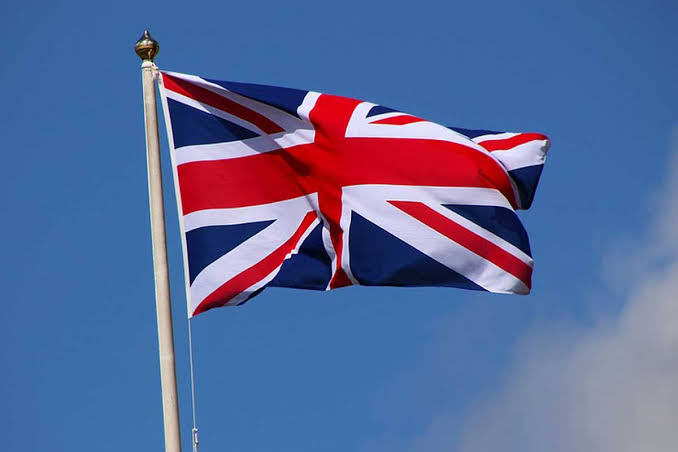The UK has imposed a mandatory 14-day quarantine on international passengers arriving in the country, beginning on Monday.
British Prime Minister Boris Johnson has been criticized for not implementing such a restriction at the beginning of the pandemic, with UK airlines jointly bringing legal action against the government.
There are some exceptions to the quarantine rules. Truck drivers, frontline healthcare workers and elite athletes coming for bio-secure soccer or cricket matches or F1's British Grand Prix in late July will all be exempt.
Everyone else will be required to fill out a form prior to arrival, providing the government with an address at which they plan to isolate for two weeks.
While £1,000 ($1,260) fines will be imposed on those who breach the conditions in the UK, only a fifth of travelers are expected to get spot checks.
Some conditions of the quarantine have further fueled questions over its likely effectiveness. Travelers arriving in the country will be able to go to their destination on public transport, and to leave their accommodation to shop for essentials.
Elsewhere in Europe: It comes as Spain enters the final phase of de-escalation in the Covid-19 crisis before the government’s plan for a "new normality" sets in. More than half of the country has advanced to Phase 3, with the rest in Phase 2, including Madrid and Barcelona.
Those in regions in Phase 3 can travel within their territories, exercise as much as they like outdoors, attend gatherings of up to 20 people and visit beaches with social distancing.
Restaurants, movie theaters and stores may open at 50% capacity and clubs and bars will be able to operate at a third of capacity, but dancing will not be allowed.
Bullfighting events, weddings and funerals will be allowed with limits on attendees.
No shared menus, napkin dispensers, or saltshakers will be permitted at bars and restaurants
Ireland today entered Phase Two of its roadmap to ease lockdown restrictions. On Friday, Irish Prime Minister (Taoiseach) Leo Varadkar announced an acceleration of the country’s roadmap based on "medical evidence" and "government reports."
Irish people may now move freely within their county. People living on the border of two counties may cross 20km over the border. Citizens may meet in groups of 6 people indoors and outdoors, while keeping to a social distance of 2 meters. All retail has reopened, with staggered opening hours and social distancing measures in place. Groups of up to 15 may attend sports training and up to 25 may attend funerals. Libraries have reopened. Playgrounds may reopen and outdoor summer camps for children in groups of 15 can take place. Working from home is encouraged where possible.
Phase Three is scheduled for June 29, when restaurants will reopen and all domestic travel restrictions lifted.
As of Monday, Denmark is allowing gatherings of up to 50 people, up from 10, Danish Health Ministry Press Officer Solveig Røigaard-Petersen told CNN.
According to the Danish Statens Serum Institut, a research institute to prevent and control infectious diseases, 11,940 people in Denmark have contracted coronavirus, with 589 dead in the country.
Source: CNN




0 Comments